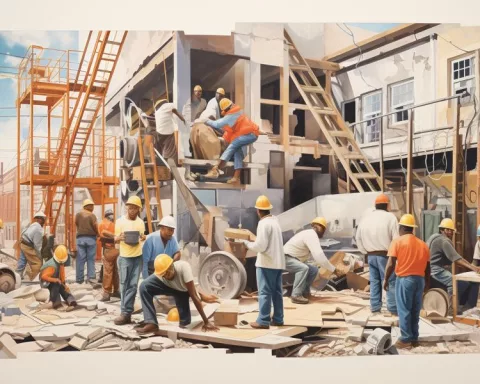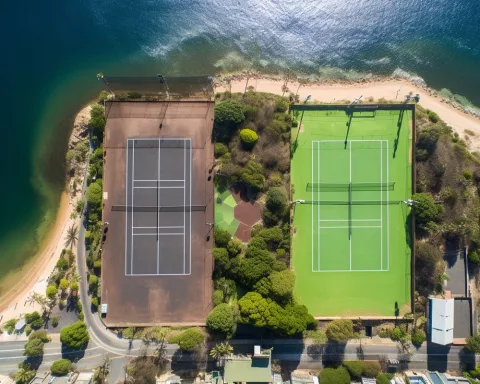The city council has demonstrated a remarkable show of support by approving an allocation of over R11.6 million in funding to NGOs and the Arts & Culture sector. This significant allocation of funds reflects the city’s unwavering commitment to assist vulnerable groups, enhance social entrepreneurship, and promote cultural diversity.
Funding for NGOs
On May 25, 2023, the city council approved over R8.3 million in funding for NGOs working with vulnerable groups, including individuals living on the streets. The approved Grants-in-Aid allocation of R8,393,790 focuses on projects that provide assistance to street-dwellers and those at risk of homelessness.
Criteria for Funding
To qualify for funding, applicants had to meet the criteria outlined in the Municipal Finance Management Act and align their projects with the city’s Social Development and Early Childhood Development Department’s basket of services. The Section 67 Grants-in-Aid Committee considered the applications, submitted in November 2022, before final approval by the Portfolio Committee on Community Services and Health and the Mayoral Committee.
Projects Funded
A total of 20 projects administered by 19 recipients were approved, encompassing substance abuse interventions, integration, accommodation, skills development, and employment opportunities. This funding complements the city’s broader social development interventions, including investment in Safe Spaces, the Street People Programme, the Winter Readiness Programme for shelters, and temporary work opportunities created through the Expanded Public Works Programme.
Funding for Arts & Culture
The city council approved the disbursement of R3,230,046 to numerous recipients for annual grant-in-aid allocations. The 28 selected recipients submitted project proposals that foster appreciation for arts, creativity, heritage, and diversity.
Projects Funded
These projects provide beneficiaries with positive activities and transferable skills, introduce beneficiaries to career possibilities in the cultural and creative sectors, and support emerging and early career artists, designers, and cultural practitioners. They play a crucial role in promoting personal growth, enrichment, and a sense of belonging among young individuals.
Councillor Van der Ross’s Statement
Councillor Patricia Van der Ross, Mayoral Committee Member for Community Services and Health, expressed the city’s pride in contributing to organizations that provide youth with opportunities to shine and offer support to those in need while enabling people to engage in cultural activities within their communities. She acknowledged the importance of collaboration and stated that the city recognizes that they cannot do it alone and that there are many organizations out there doing brilliant work.
Following the council’s approval, the Social Development & Early Childhood Development Department will inform all applicants of their application outcomes in writing. Funds will be disbursed by the end of June, signaling a new, hopeful chapter for the NGOs and cultural organizations striving to make a difference in the lives of the city’s residents.












